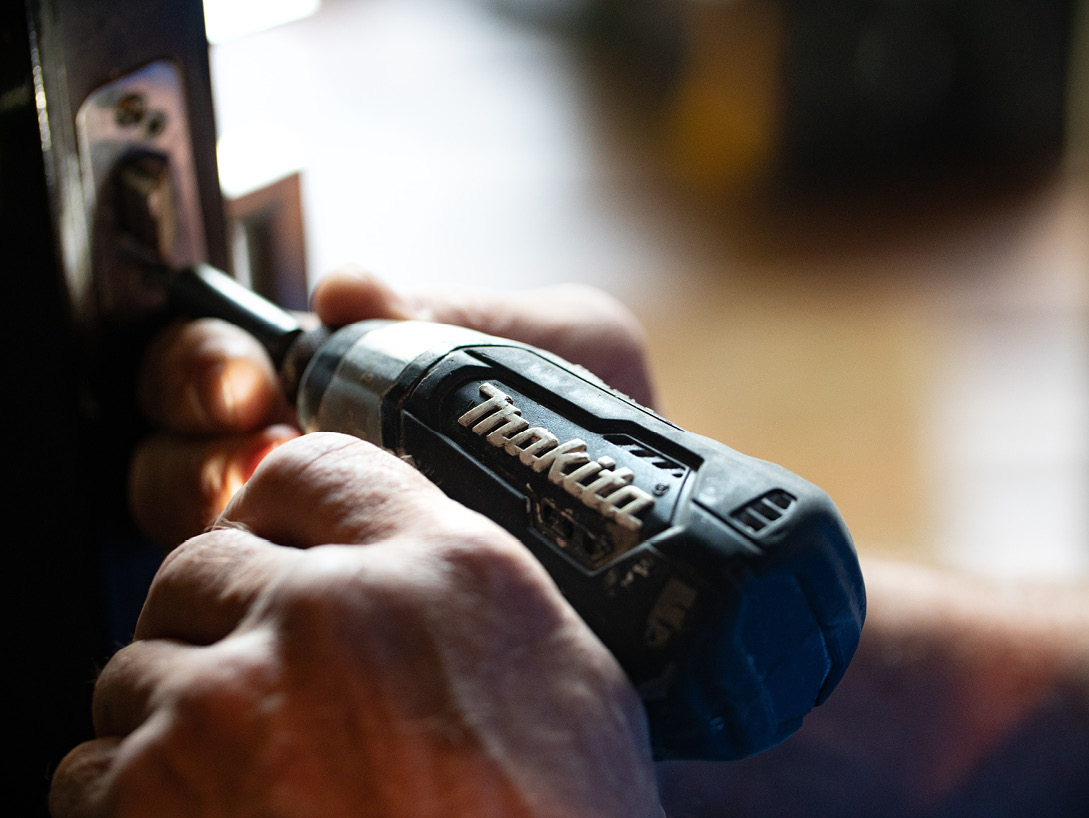
There’s nothing as exciting as finding the perfect home. From the right number of bedrooms to a spacious yard, finding a house that satisfies your standards can have you eager to call it home sweet home.
However, excitement can turn to distress if the home inspection report turns up needed repairs. But don’t fret—you can negotiate. Use the information in this blog to better understand the process and prepare questions for your real estate agent.
The inspection process
Home inspections are an essential part of the home buying process. They can help you uncover potential problems and address these issues in a timely and efficient way so you can focus on moving into your new home. Most inspections focus on:
- Appliances
- Basement
- Electrical
- HVAC system
- Plumbing
- Roof and attic

Speak to your agent
Once you have received the report from the home inspector, take some time to review it with your agent. They have the experience and know-how to guide you and determine what repairs or concessions you should request.
Prioritize repairs
After you go over the report, it can be helpful to prioritize the needed repairs by both cost and severity. If there are any significant issues, like foundation damage or bad wiring, you should prioritize these concerns over cosmetic issues or repairs that may be less expensive. Note any problems that will cause you to walk away from the sale if the seller does not address them.

Request repairs or concessions
Once you have your list of must-have repairs, you will need to negotiate with the seller to find a way to correct these issues by asking them to complete the requested repairs as part of the closing. The seller could offer a concession or credit toward the repairs instead. In that case, you will need to agree on a price to complete the repairs, and the seller can either adjust the home’s purchase price or pay an equivalent amount of your closing costs.
Credits or concessions may be the preferred option for many sellers, as making repairs on the home can add another task to an already hectic moving to-do list. Additionally, as the buyer, you have no control over the repairs, and they may not be up to your standards.
If you agree to a concession or credit, make sure you get quotes from a general contractor on how much the repairs will cost—this will help you have a ballpark idea of how much you will need to make these repairs. You can share them with the seller to justify the concession or credit amount.
Other considerations
Before negotiating, make sure you understand the following information:
- If a home is listed as-is, it’s unlikely the seller will want to make any repairs or pay to have them fixed. However, if a home inspection discovers a major problem, you can still request a reduction or credit to help rectify the issue.
- If you’re buying a home in a seller’s market, be mindful of how many repairs or concessions you request. A seller is not obligated to make any repairs.

Know when to walk away
If there comes a time when it feels like you’re at an impasse and the seller won’t budge on your repair requests, it may be time to look for a different home. The home inspection contingency clause in your contract allows you to back out of the sale without losing your earnest money deposit if the home inspection results are not up to your satisfaction or you cannot come to an agreement with the seller.
By better understanding the negotiating process, you’ll be ready to get back on track to move into your dream home.


 Facebook
Facebook
 X
X
 Pinterest
Pinterest
 Copy Link
Copy Link